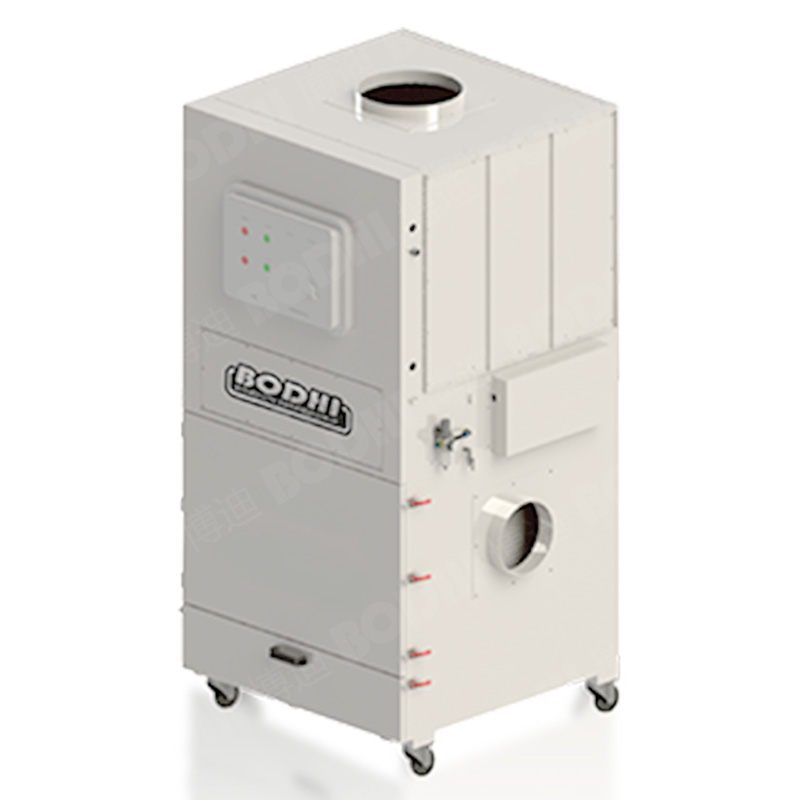When embarking on the entrepreneurial journey, one of the most critical steps is developing a comprehensive business plan. This document serves as a roadmap for your startup, outlining your vision, strategy, and the steps necessary to achieve your goals. However, a common question arises: How long should a business plan be for a startup? The answer is not as straightforward as it may seem, as the ideal length can vary based on several factors, including the nature of the business, the audience, and the purpose of the plan.
Understanding the Purpose of a Business Plan
Before delving into the specifics of length, it’s essential to understand the purpose of a business plan. A well-crafted business plan serves multiple functions:
- Guidance for Entrepreneurs: It helps founders clarify their ideas, set objectives, and outline strategies for growth.
- Attracting Investors: A detailed plan can be instrumental in securing funding, as it demonstrates the viability of the business to potential investors.
- Operational Blueprint: It provides a framework for day-to-day operations, ensuring that all team members are aligned with the company’s goals.
The Ideal Length: A Balancing Act
The length of a business plan can range from a concise 10-page document to an extensive 50-page report or more. The key is to strike a balance between thoroughness and conciseness. Here are some guidelines to consider:
- Target Audience
The intended audience significantly influences the length of your business plan. If you are presenting to potential investors, a more detailed plan (20-30 pages) is often necessary to cover all aspects of the business, including market analysis, financial projections, and operational strategies. Conversely, if the plan is for internal use, a shorter, more focused document (10-15 pages) may suffice.
- Business Complexity
The complexity of your startup also plays a crucial role in determining the length of your business plan. Startups in highly regulated industries or those requiring significant capital investment may need a more comprehensive plan to address various risks and compliance issues. In contrast, a simple service-based business might only require a brief overview.
- Stage of Development
The stage of your startup can dictate the depth of your business plan. Early-stage startups may benefit from a lean business plan (around 10 pages) that focuses on the core concept, target market, and basic financial projections. As the business matures and seeks additional funding or strategic partnerships, a more detailed plan can be developed.
Essential Components of a Business Plan
Regardless of length, a business plan should include several key components:
- Executive Summary: A brief overview of the business, including the mission statement, product/service offerings, and financial highlights.
- Company Description: Detailed information about the business, its structure, and its unique value proposition.
- Market Analysis: Insights into the industry, target market, and competitive landscape.
- Organization and Management: An outline of the business structure, including key team members and their roles.
- Marketing Strategy: A plan for reaching and engaging customers, including pricing, promotion, and distribution strategies.
- Funding Request: If seeking investment, a clear statement of funding needs and how the funds will be used.
- Financial Projections: Detailed forecasts for revenue, expenses, and profitability over the next three to five years.
Tips for Crafting an Effective Business Plan
- Be Clear and Concise: Avoid jargon and overly complex language. Your plan should be easily understandable to a broad audience.
- Use Visuals: Incorporate charts, graphs, and tables to present data clearly and effectively.
- Tailor to Your Audience: Customize your business plan based on who will read it, emphasizing the aspects that matter most to them.
- Revise and Update: A business plan is a living document. Regularly revisit and update it as your business evolves and market conditions change.
Conclusion
In conclusion, the length of a business plan for a startup is not a one-size-fits-all answer. It should be tailored to the specific needs of the business, the audience, and the stage of development. Whether you opt for a concise 10-page plan or a detailed 50-page document, the focus should always be on clarity, coherence, and strategic insight. By understanding the purpose of your business plan and its essential components, you can create a document that not only guides your startup but also impresses potential investors and stakeholders. Remember, the ultimate goal is to communicate your vision and strategy effectively, paving the way for your startup's success.





